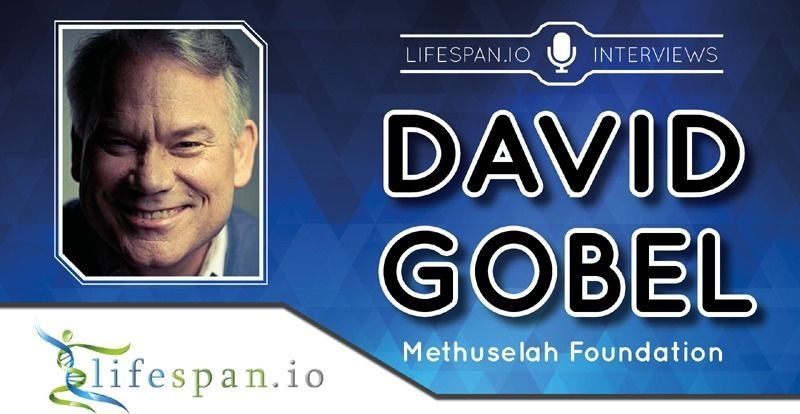Sep 5, 2018
An Interview With David Gobel
Posted by Nicola Bagalà in categories: futurism, life extension
An interview with Methuselah Foundation’s founder David Gobel.
David Gobel is an inventor, philanthropist, futurist, and passionate rejuvenation advocate and supporter; he’s known for co-founding Methuselah Foundation with Dr. Aubrey de Grey and for proposing the intriguing concept of “longevity escape velocity”, but his achievements and successes extend far beyond that. David has kindly granted LEAF a most interesting and detailed interview.
If you’re not familiar with the Methuselah Foundation, it is possibly the oldest organization active in the field of rejuvenation advocacy and support; it also works as an incubator for startups working in rejuvenation research and has helped kickstart many of the projects we talk so much about on our website. If you like, you can find more information on Methuselah Foundation in our older article.


















